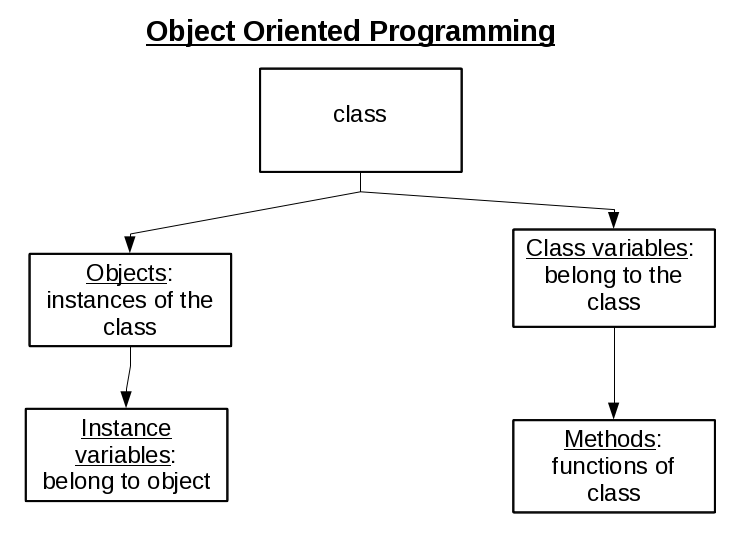So this course has finally come to an end after 4 months. I would like to take the time to thank the professors, Diane and Danny, my fellow students who helped answer questions so quickly on piazza, and finally, the TA's who did all the behind the scenes work and read through our code carefully. I would say that this course was great as an elective and I sometimes enjoyed it more than my core courses. When I first started this course I heard about how much harder it is than CSC108 and it definitely required more brainwork and effort than CSC108. However, I believe that at the end of the day, if you kept up with the course work and completed all the labs, you could do well. During these few months, we were able to master most of the Python language by covering concepts from Abstract Data types, Object-oriented programming, Linked Lists and most important of all, Recursion.
I felt that learning the concept of recursion through first of all tracing it and then using Trees to write recursively was a smart idea. Trees helped us visualize how functions can be called again and again by themselves and come to an end when they reached a base case. I would say that out of all the concepts, I have mastered recursion and object oriented programming by now. Some of my weakest topics on the other hand would be sorting and tracing the run time relative to the size of an argument. All in all, I believe that the lessons were well taught however, unfortunately some of our learning opportunities were taken away due to the strike and we weren't able to completely understand the last few topics we learned in class. I hope that the final exam will include the material we learnt and not unexpected things.
Since I may not get any more electives in my specialist for the next 3 years, I doubt that I will get the chance to take another computer science course. I hope that anyone who wishes to pursue a career in comp sci gets the chance to do so and hopefully I too can remember the concepts I learnt in case I get a chance to take a programming course in the future. Thank you for reading my blog so far, it was definitely encouraging seeing how many people actually read my blog while I thought only the TA's did :)
if is_blog_end == True:
print("Goodbye! May the odds be in our favour for the finals :D" )
else:
RaiseError101("Sorry, but my blog has actually ended so please don't cry! :( You can always re- read my old blogs! :)")
---------
On a side note, here are some other interesting blogs I found and commented on:
1
2
3
Do give them a read as you can tell they put in lots of effort and kept them updated! :)
I felt that learning the concept of recursion through first of all tracing it and then using Trees to write recursively was a smart idea. Trees helped us visualize how functions can be called again and again by themselves and come to an end when they reached a base case. I would say that out of all the concepts, I have mastered recursion and object oriented programming by now. Some of my weakest topics on the other hand would be sorting and tracing the run time relative to the size of an argument. All in all, I believe that the lessons were well taught however, unfortunately some of our learning opportunities were taken away due to the strike and we weren't able to completely understand the last few topics we learned in class. I hope that the final exam will include the material we learnt and not unexpected things.
Since I may not get any more electives in my specialist for the next 3 years, I doubt that I will get the chance to take another computer science course. I hope that anyone who wishes to pursue a career in comp sci gets the chance to do so and hopefully I too can remember the concepts I learnt in case I get a chance to take a programming course in the future. Thank you for reading my blog so far, it was definitely encouraging seeing how many people actually read my blog while I thought only the TA's did :)
if is_blog_end == True:
print("Goodbye! May the odds be in our favour for the finals :D" )
else:
RaiseError101("Sorry, but my blog has actually ended so please don't cry! :( You can always re- read my old blogs! :)")
---------
On a side note, here are some other interesting blogs I found and commented on:
1
2
3
Do give them a read as you can tell they put in lots of effort and kept them updated! :)

















